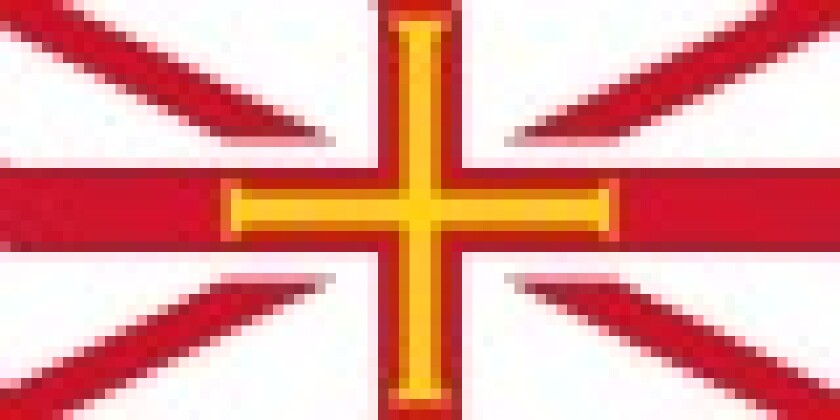Low value consignment relief was established in the 1980s, aimed at reducing the costs associated with collecting very small revenues from the tax.
“Originally it was an administrative relief,” said Andrew Burman, senior director at Alvarez & Marsal Taxand UK. “There is a cost associated with collecting lots of small amounts of VAT and cost-benefit analysis showed that it was not worth collecting those small amounts.”
The relief permitted companies to export goods below the threshold of £18 ($28) to the UK mainland without incurring a VAT liability. But in March this year the government reached a decision to lower the value threshold from £18 to £15, effective from November 1 2011.
It has since been revealed that the relief will be scrapped altogether on April 1 2012. Some companies took advantage of the relief but a number of abuses have prompted its removal.
“There is perhaps an argument that it should never have been introduced in the first place,” said Burman. “It was meant to cut administrative burdens, but it presented obvious opportunities for planning schemes due to the Channel Islands being so close to the UK mainland, among other reasons.”
Companies were able to undercut their competitors by not paying VAT and this gave rise to an unfair advantage.
Some of the islands’ inhabitants claim that the exemption offset the additional transport costs felt by companies based there, arguing that it should not be abolished. There has also been discussion of whether the Channel Islands have grounds to challenge the abolition on the basis of discrimination.
“I’d be very surprised if the UK would have done this without consulting EU lawyers or officials,” said Burman. “One argument the UK government could use if the decision is contested on the grounds of discrimination is that abuse has been higher in the Channel Islands than anywhere else.”










